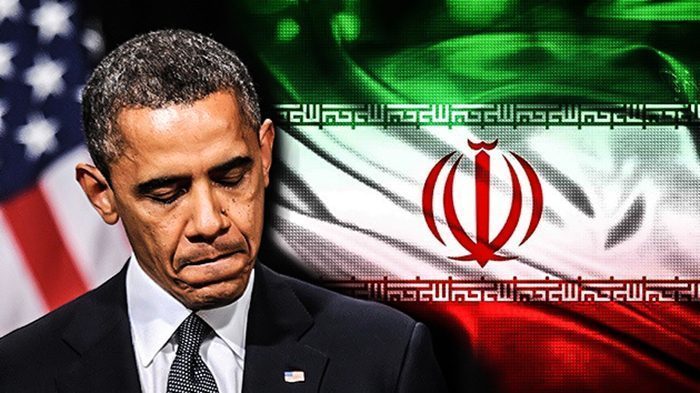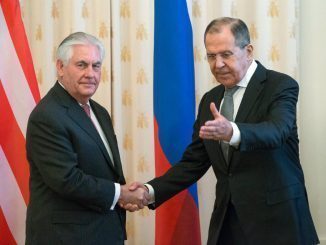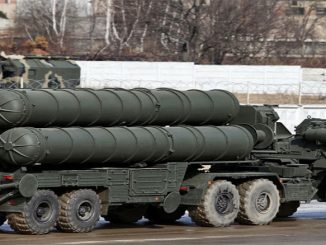
U.S. lawmakers passed bills on Tuesday renewing sanctions on Iran for 10 years and imposing new sanctions on Syria, while US president Barack Obama said he will veto the bills as it would undermine the nuclear deal implemented early this year.
Barack Obama, The former US leader, was behind the historic Iran nuclear deal with P5+1 powers, agreed upon last year, which saw Tehran agree to amend its nuclear output in order to lift all nuclear-related economic sanctions, afreeing up tens of billions of dollars in oil revenue and frozen assets.
After that, Iran made a deal with Airbus and Boeing to buy or lease over 200 jets to IranAir, that would help modernize and expand the country’s elderly fleet which was barely working after years of sanctions.
US legislators have passed a bill that would sanction the government of Syria and its supporters, including Russia and Iran, for war crimes and crimes against humanity in the country.
Anyone that provides aircraft to Syria’s commercial airlines does business with the transportation and telecommunications sectors controlled by the Syrian government, or supports the country’s energy industry. They also would be subject to sanctions under the legislation.
“We want to go after the things driving the war machine: money, airplanes, spare parts, oil,” said Eliot Engel, the top Democrat on the House foreign affairs committee.
“Something needs to jolt this crisis out of its bloody status quo. This bill would give the administration more tools to do so. If you’re acting as a lifeline to the Assad regime, you risk getting caught up in the net of our sanctions.”
According to that, the US legislators voted 419 to one for a 10-year reauthorization of the Iran Sanctions Act, or ISA, a law first adopted in 1996 to punish investments in Iran’s energy industry and deter Iran’s pursuit of nuclear weapons.
The Iran measure will expire at the end of 2016 if it is not renewed. It must still be passed by the Senate and signed by President Barack Obama in order to become law.
The White House said U.S. partners would view the bill, if implemented, as a violation of the nuclear agreement.
“The bill would undermine the ability of the United States to meet our JCPOA [Joint Comprehensive Plan of Action] commitments by effectively prohibiting the United States from licensing the sale of commercial passenger aircraft to Iran for exclusively civil end uses, as we committed to do in the JCPOA, and seeking to deter companies from pursuing permissible business with Iran,” the White House said in a statement.
But lawmakers said they wanted the ISA to stay in effect to send a strong message that the United States will respond to provocations by Iran and give any U.S. president the ability to quickly reinstate sanctions if Tehran violated the nuclear agreement.
The lawmakers argue that the passenger aircraft could be used for military purposes such as transporting fighters to battle U.S. troops or allies in Syria.
“Even after a hard-fought election here at home and power changing hands, American leadership on the global stage won’t falter,” said Representative Eliot Engel.
“We should not be surprised to see Iran’s latest military demonstrations feature Boeing 747s,” an analyst said. “It is incredibly irresponsible for any American company to sell products to the Islamic Republic that can easily be used for military purposes.”
“This is not hypothetical,” the analyst added. “We know the military has requisitioned Boeing planes from Iran Air in the past. Boeing is literally enhancing the military capabilities of the world’s leading state sponsor of terrorism.”



